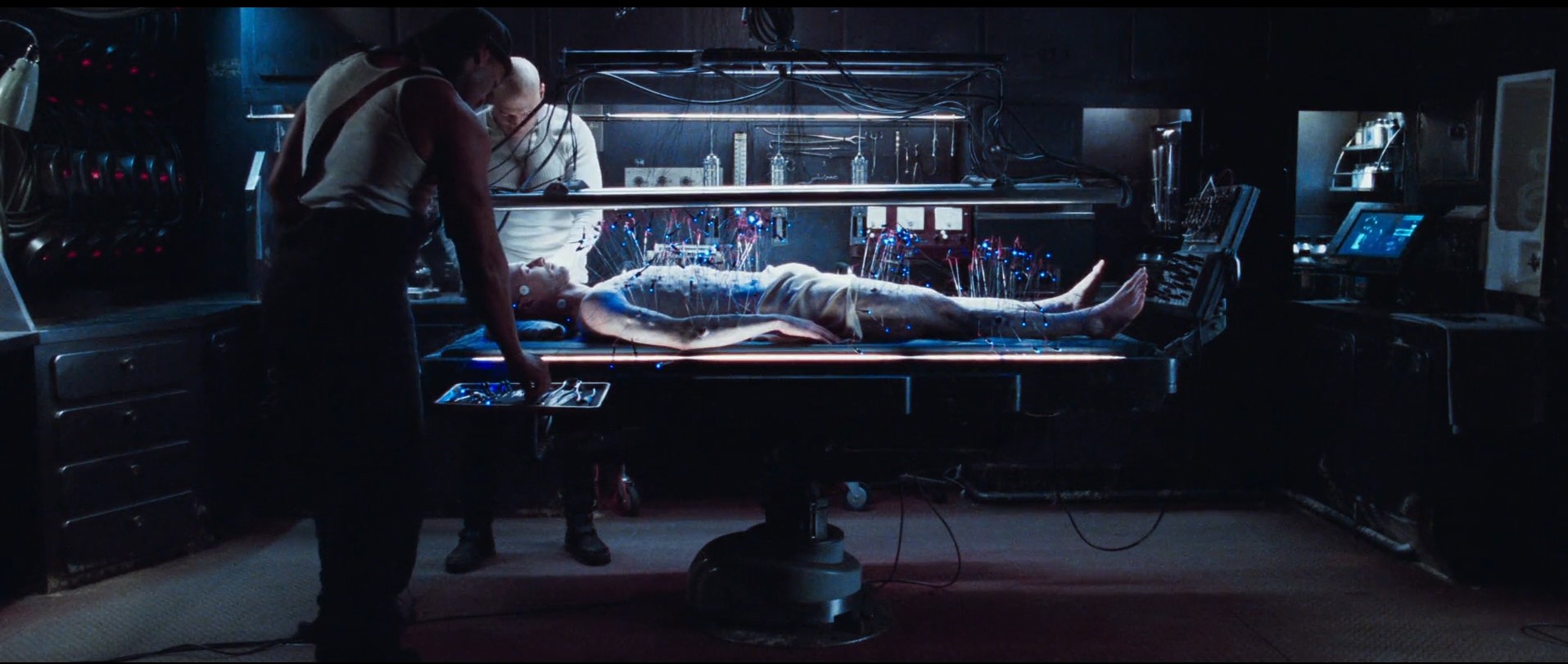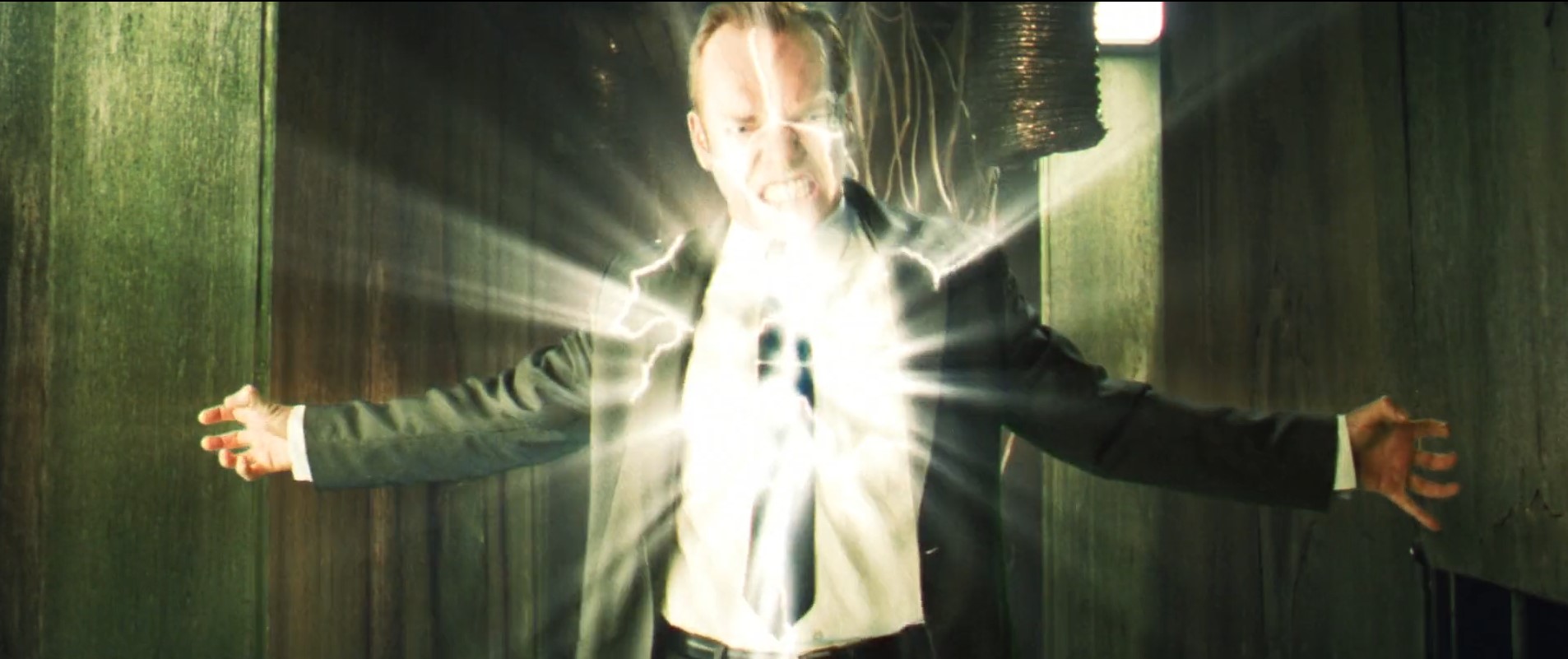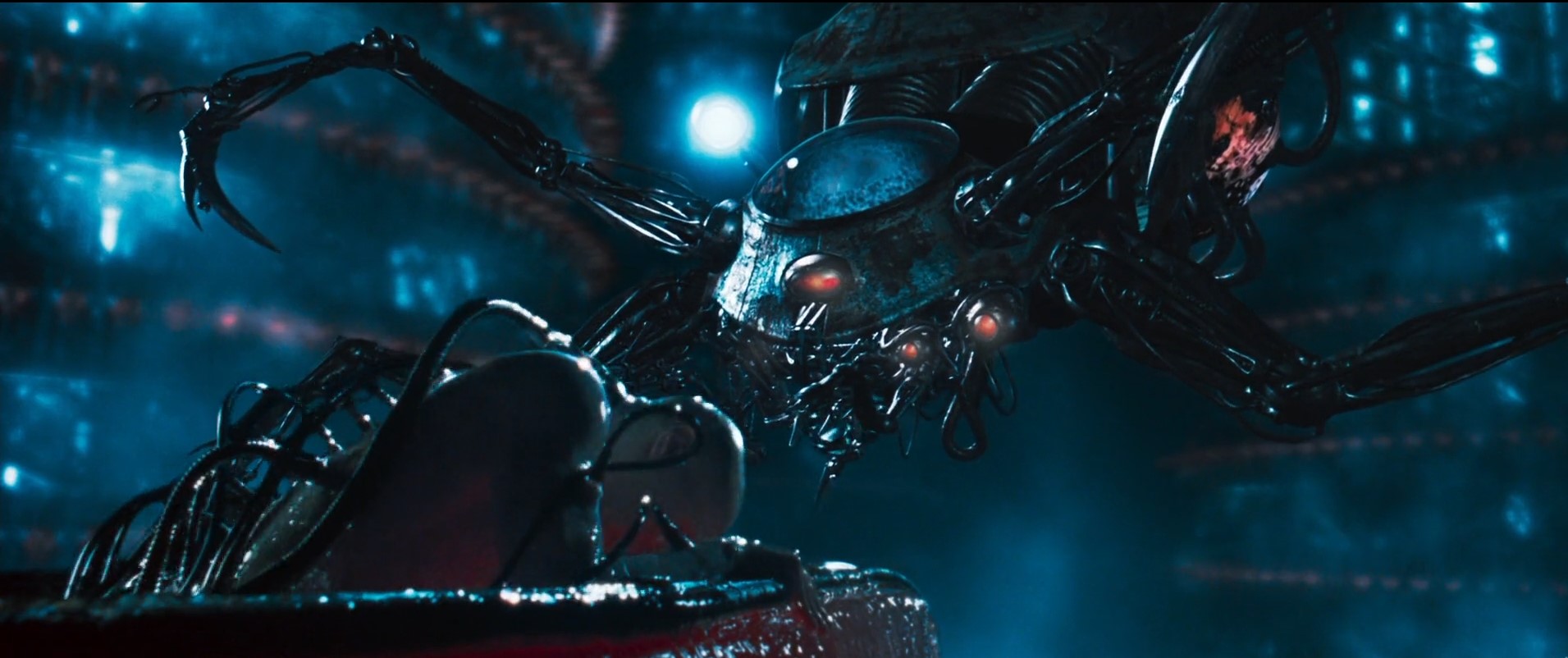Considering the choice between virtual reality and reality given in the movie The Matrix1, this course explores whether living in virtual reality can preserve human free will and reality. It addresses the conflict between sensory control in the virtual world and authentic existence in the real world, and discusses the importance of intrinsic choice.
The world of the movie The Matrix 1 is very interesting. It imagines what would happen if we had artificial intelligence (AI) that could think creatively on its own instead of computer programs that could only do what it was told to do, and it is set in a time when a machine civilization has developed and waged war against humanity, taking over the planet and eventually controlling humans. In this virtual reality, humans live in a world of signaling stimuli without knowing what the truth is. If Morpheus comes to you and offers you a red pill (real) and a blue pill (virtual), what will you choose?
Before you can make a choice, you need to make an assumption. You don’t know what the real world you’ll return to after taking the red pill will look like until you take it, and it doesn’t necessarily look like the reality shown in the movie The Matrix. In the Matrix, a machine civilization controls humans as a source of energy, and the uncontrolled humans are fighting a dark war against the machines centered around a city called Zion. If you know before you choose that this is the real world, where machines rule and humans are hunted by them, who would want to take the red pill and return to that world? Except for a select few, like Neo, who are chosen and driven by a sense of mission, I don’t think anyone would take the risk and settle for the comfort of the virtual world like Cypher. Therefore, we must assume that the real world after taking the red pill is unknown until we take it.

If I had to make this inevitable choice, I would take the red pill and step out of the virtual world and into the real world. A virtual world is a virtual world for its own sake, whether it’s created by humans or machines, it’s a fictionalized world. It is an arbitrary space in which developers have created a world that is impossible in reality, either similar to it or completely different from it. Staying in them is like dreaming over and over again without waking up. In a virtual reality like The Matrix, you are bombarded with sweet stimuli, oblivious to the truth, and your mind and body are controlled by external factors against your will. Through sensations converted into electrical signals like brain waves.
I believe that what separates us from other animals and plants is our free will and creative mindset. Civilization has developed because of our unique way of thinking and the succession of choices and decisions we make with our free will. We are free to think, command and act at will every moment, and this is what makes us exist in the real world. However, in virtual reality, this free will cannot exist. Our thoughts and senses are controlled, and our actions are determined by pre-coded algorithms. Even if you perceive yourself to be thinking and acting freely in a virtual world, your perception has already been controlled many times over by external factors (the control program of the virtual reality). If you only exist in this virtual reality, can you really be called human? In the movie, Agent Smith also refers to the Matrix world as a “zoo”. What do we call the virtual world users who live in such a zoo? Can we call them human beings?

I don’t think there is a perfect virtual reality. It is impossible to have complete control because unexpected events can occur, and because we don’t know when or where they will occur, we always need someone to monitor them. The watchdogs eliminate troublemakers to maintain the organized system of the virtual world. Just like Agent Smith in the Matrix universe, who can freely move from one object to another in virtual reality. Consider the person who gets into Agent Smith’s body as a result of a random event: this is a universal person who wants to take the blue pill and enjoy life in a virtual world. In a controlled system, this person would take their life in virtual reality for granted. However, against their will, they are sacrificed to maintain the entire system. And that’s before they even realize they’re being sacrificed. And Agent Smith’s words confirm that no virtual world is perfect. The first attempted Matrix world was designed to allow all humans to live happily without suffering, but the virtual world was not accepted, and all humans who participated in it died. This suggests that a world where humans are only given pleasure cannot exist. Therefore, the rebuilt virtual world would have added negative emotions such as pain and sadness along with pleasure. A virtual world is not a world that offers only joy and pleasure. It’s more like the real world.
Some might argue that in virtual reality, we can get pleasure from new stimuli that we don’t have access to in real life. But this argument requires a premise. That you can return to the real world. It is of course necessary to recommend and encourage experiences that are unique to virtual worlds compared to the real world. For example, modern airplane driving simulations allow you to practice maneuvers that mimic real-life situations. But it’s a different story when you’re living in a virtual world and don’t even realize you’re in it. What is the point of having a second-hand experience in virtual reality? What is the point of living with information that may or may not be true from an imperfect world if you only live in it? It is a foolish escape to try to live in a world where there is no guarantee of enjoyment and happiness in a system that is outside of our nature.

I believe that human life is essence itself. Essence is not a visible phenomenon, but an inherent property that does not change. To ignore the human reality in the Matrix world and choose the virtual world created by sensory perception given by electrical signals is to abandon the reality that is the basis of the existence of the ‘I’. Therefore, choosing the virtual world at the moment of choice is to abandon the very existence that makes you who you are and expresses who you are.
The question of choosing between virtual reality and real reality can be interpreted differently depending on the life circumstances of the person asking the question. The choice will be different depending on the environment. If you are fully satisfied with your current life, even if it is a virtual life, you may be inclined to settle for it if it is perceived as sufficient by the program. But if you’re dissatisfied, you’re more likely to choose a different life. Like, tragically, suicide. The important point here is whether or not we know at the time that there is a real world that is clearly distinct from virtual reality. If you do, then your choice should be consistent with my argument above.